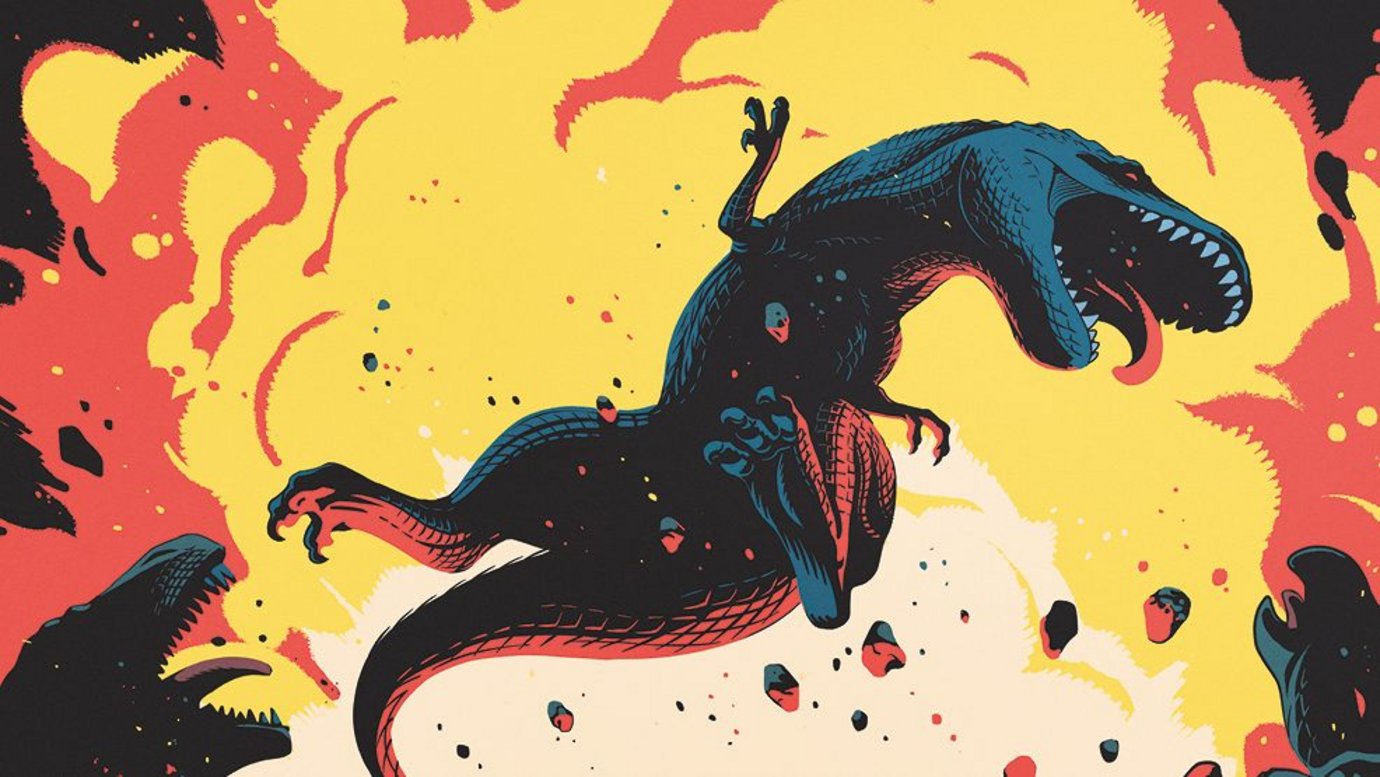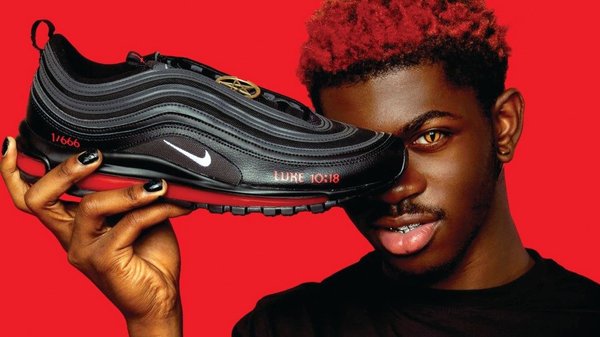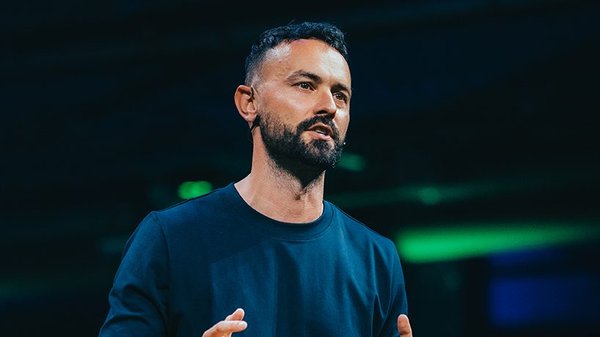Matt Johnson and Tessa Misiaszek on brand building /
The professors and authors discuss the marketing implications of the digital age and how brands should harness the fundamentals of human behaviour

Approximately 66 million years ago, an asteroid the size of Manhattan crashed into Earth causing mass destruction. This event, known as the K-T extinction, wiped out the dinosaurs, as well as 75% of the planet’s living plant and animal species.
While the planet hasn’t been hit by a comparable attack since then, the business world has, write Matt Johnson and Tessa Misiaszek in their new book Branding That Means Business. Amazon, and other massive platforms like it, they argue, have completely disrupted the status quo, ushering in a new era of immediate gratification and hyper-personalised targeting of products that has forced brands to up their game. ‘If the brand is not excellent it may as well not exist,’ the authors write.
Contagious speaks to Johnson – a neuroscientist and professor of Psychology of Marketing at Hult International Business School – and Misiaszek, head of research for global organisational consulting firm the Korn Ferry Institute who is also a professor at Hult International Business School, about what brands need to do to survive. Drawing from examples in their book (which advertising legend Rory Sutherland described as ‘the most insightful book on branding of the last 20 years’), they explain how brands can connect more deeply with their target consumers by harnessing the fundamentals of human nature. They also discuss how Simon Sinek’s ‘start with why’ message doesn’t go far enough, the ‘desperate’ tactics brands are deploying to get noticed on social media and the importance of embracing co-creation.
What has changed for brands in this digital age?
Matt Johnson: There’s so much possibility for brands to deliver value directly in terms of products, and there’s been a shift away from brand value. It’s much more difficult to create a beloved brand. And the brands that are going to survive and thrive in the next phase of modern marketing are the ones that really enmesh themselves in a meaningful way into the minds and lives of consumers.
How have technology platforms changed the way that people interact with and value brands?
Tessa Misiaszek: Let’s start with Amazon. We compare Amazon to the K-T extinction. Amazon moved us into this ‘now products’ age where you can, with the click of a button, get any products you need delivered to your doorstep, probably within 24 hours. It’s an expectation now, and from there, it’s just evolved more into different types of platforms and modalities in which you can access any product you want, any food, any service, with the click of a button. We all know that Amazon is impacting consumer behaviour, we have seen that massive increase to the extent that it has destroyed categories of products, as well as commodified products. Products that have sold on Amazon have unfortunately had the experience of also having Amazon knocking off their product, and then it really cannibalises the market, or the brand for that particular product.
Wish you could read this? /
Become a member and you'll not just read this article but discover thousands more world-class campaigns, deep dives on brands and cutting-edge trends.
Membership includes open access to Contagious IQ, our intelligence platform that deconstructs the most creative, effective and innovative marketing ideas from around the globe, as well as exclusive briefings, webinars and training courses.
Already have an account?Sign in
Want more of the same? /
We don’t just write about best-in-class campaigns, interviews and trends. Our Members also receive access to briefings, online training, webinars, live events and much more.





